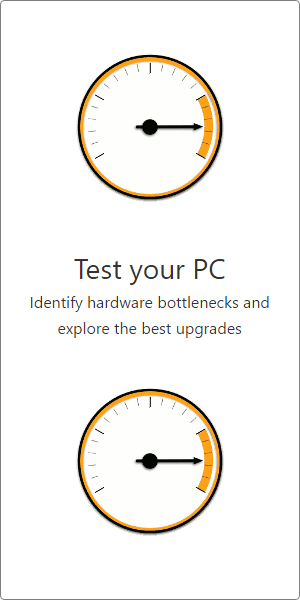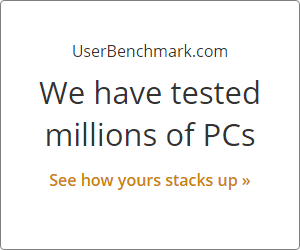Effective Speed
+195%
Poor: 91%
Great: 104%
SPEED RANK: 66th / 714
Poor: 263%
Great: 305%
SPEED RANK: 3rd / 714
| Effective 3D Speed
Effective 3D Gaming GPU Speed |
98.3 % | 290 % | Hugely faster effective speed. |
Average Score
+246%
Overclocked Score
+267%
Value & Sentiment
+50%
Nice To Haves
+134%
Conclusion
Average Bench 98.3%
Average Bench 290%
User Builds
254,908
22,998
Systems with these GPUs
Top Builds that include these GPUs

 GPU
GPU
